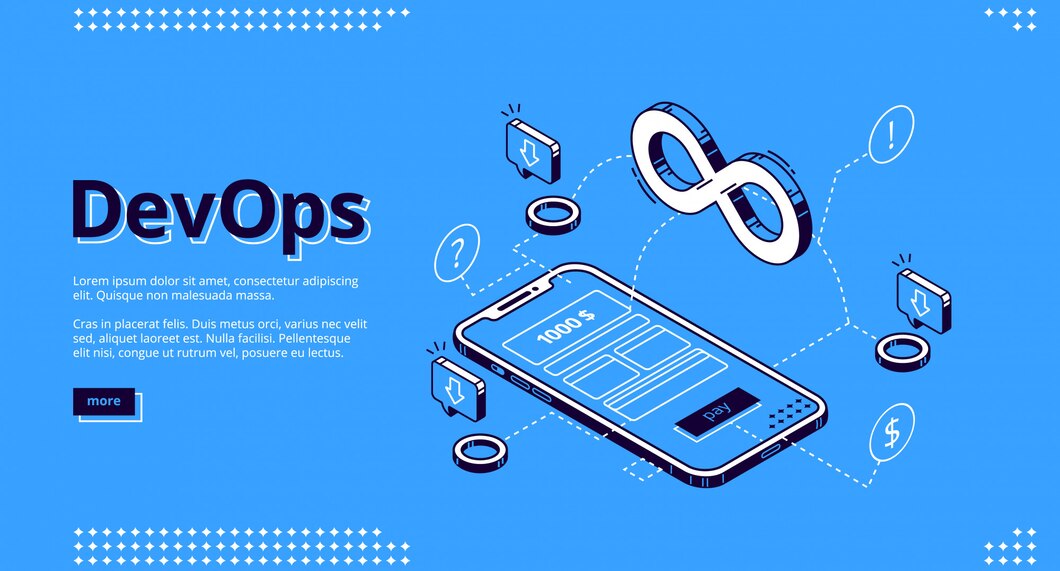What is Coding?
Coding is a common term developers use to refer to the act of writing codes. Coding is essentially the process of instructing a computer to perform specific tasks by writing lines of code. It’s like giving your computer a set of step-by-step instructions in a language it understands. This digital language can be Python, JavaScript, Java, or many others, each serving its unique purpose. Let’s talk about why you should learn to code, regardless of age or occupation. At least, know the basics.
Why Should I Learn to Code?
It’s 2024, the majority of the money-making and money-moving industries are either tech related, or medical related. To be more precise, 99% are in the STEM field. If you’re wondering, what is stem? STEM (science, technology, engineering, and mathematics), is an educational program developed to prepare primary and secondary students for college, graduate study and careers in the fields of science, technology, engineering and mathematics (STEM).
Trust me, Whether you’re interested in web development, app creation, data analysis, or even game design, coding is the key to unlocking your potential in the tech world. Now, without further ado, let’s get to the major question of the day, how do I learn coding in 2024? Stay with me.
How Do I Learn How To Code in 2024?

1. Choose Your Path
Before diving into coding, identify your interests. Are you intrigued by web development, mobile apps, artificial intelligence, or something else? Knowing your goal will help you select the most relevant programming language to start with.
Once you’ve identified your passion, the next step is selecting the appropriate programming language to kickstart your coding adventure. If the dynamic world of websites beckons, languages like HTML, CSS, and JavaScript may be your starting point for web development. Alternatively, if crafting mobile applications ignites your interest, consider delving into languages like Java or Swift. Should the realms of artificial intelligence or data science captivate you, languages such as Python, known for its versatility and expansive library support, might be the ideal gateway. By acknowledging your preferences at the outset, you pave the way for a more focused and rewarding coding journey tailored to your unique aspirations.
2. Select a Beginner-Friendly Language
For those just starting, languages like Python or JavaScript are excellent choices. Known for their simplicity and readability, they provide a smooth on-ramp to the coding universe. Python and JavaScript are highly praised for their user-friendly nature, making them well-suited for newcomers to coding. With Python, you’ll find that its syntax is clear and easy to understand, almost like reading plain English. This simplicity not only reduces the chances of making errors but also allows beginners to focus more on learning the fundamental concepts of programming rather than getting bogged down by intricate details.
JavaScript, on the other hand, is known for its versatility, as it is mainly used for web development. It lets you create interactive elements on websites, making it an exciting language to begin with. Both Python and JavaScript have extensive communities, offering ample resources and support for beginners. As you delve into coding with these languages, you’ll likely discover a smooth and enjoyable on-ramp to the vast and exciting universe of programming.

3. Utilize Online Resources
Take advantage of the wealth of coding resources available online to enhance your programming skills. Websites such as Codecademy, Khan Academy, and freeCodeCamp provide interactive platforms and tutorials that make learning to code a breeze. These platforms offer hands-on experiences, allowing you to practice coding concepts in a user-friendly environment. Whether you’re a beginner or looking to sharpen your skills, these websites guide you through step-by-step lessons, making the learning process engaging and effective.
Moreover, these online resources cater to various learning styles, ensuring that you find the approach that works best for you. Codecademy, for example, offers interactive coding exercises, while Khan Academy provides video tutorials and quizzes. freeCodeCamp takes it a step further by combining coding challenges with real-world projects, giving you a practical understanding of how to apply your newfound skills. By exploring these platforms, you not only gain a solid foundation in coding but also have the flexibility to learn at your own pace, making the journey into the world of programming accessible and enjoyable.
4. Practice, Practice, Practice
Coding is a skill that improves with practice. Create small projects, solve coding challenges, and participate in coding communities to enhance your skills. The more you code, the more confident and proficient you’ll become. Improving your coding skills is all about one key mantra:
Practice! Practice!! Practice!!!
Even the most experienced developer, the most talented software developer, began where you are right now. No one just has all the knowledge he/she possesses. He started learning from somewhere, he was consistent at it, and in so doing, became an expert at it. The more you delve into coding, the better you become. So start small by taking on mini-projects and gradually work your way up. Solving coding challenges is like a workout for your brain; it helps you grasp different concepts and techniques. Don’t shy away from participating in coding communities where you can learn from others, share your knowledge, and get valuable feedback.
As you immerse yourself in coding, you’ll notice a boost in confidence and proficiency. It’s a journey where consistent effort pays off. Think of coding like learning a language; the more you speak it, the more fluent you become. Create a routine, set aside dedicated time for coding, and watch as your skills grow. Remember, coding is a skill that flourishes with hands-on experience, so roll up your sleeves and code your way to mastery!
5. Build a Strong Foundation
To build a strong foundation in programming, focus on the basic concepts that make coding work. Begin by understanding core coding concepts. There is a concept called ‘variables,’ these are like labeled containers holding different pieces of information. They help your program manage and work with data efficiently. Loops are another key concept – think of them as helpful assistants that repeat tasks until a specific condition is met. This repetition saves you from writing the same code over and over.
Conditionals are equally important. They act like traffic signals for your code, guiding it to execute specific actions only when certain conditions are met. By getting a good grip on these basic ideas, you’re not just learning random coding tricks. Instead, you’re putting together a strong base that makes it easier to learn more advanced skills later on. This solid start gives you confidence to tackle trickier coding challenges and keeps you on the path to becoming a skilled coder.

Stay Motivated!!!
1. Set Achievable Goals
Embarking on your coding journey can be more manageable and motivating when you break it down into smaller, achievable goals. Start by focusing on fundamental concepts, like understanding variables and loops, before diving into more complex areas. Set realistic milestones, such as building a simple website or creating a basic program, and celebrate each accomplishment.
This step-by-step approach allows you to steadily progress and gain confidence in your coding skills. As you reach these mini-goals, you’ll build a foundation that empowers you to tackle more challenging tasks with a sense of accomplishment, keeping your motivation high throughout your coding journey.
2. Join Coding Communities
As said earlier, become an active participant in coding communities by connecting with fellow learners and seasoned developers through online forums or local meetups. Engaging with these communities provides an invaluable opportunity to learn from others, share experiences, and seek help when faced with challenges, fostering a supportive environment for your coding journey.
By actively participating in discussions, you can gain insights, collaborate on projects, and build a network of like-minded individuals who can offer guidance and encouragement. Embrace the sense of community as you navigate the world of coding, making the learning process more enjoyable and effective.

3. Celebrate Your Progress
Acknowledge your achievements, no matter how small. Take a moment to revel in your progress and give yourself a well-deserved pat on the back. Whether you conquered a tricky coding glitch or crafted a basic website, every stride forward is a triumph worth cheering for. Embrace the satisfaction of your accomplishments, no matter how modest they may seem.
Recognize the effort you put in, and let the joy of your achievements fuel your motivation for the next challenge. By celebrating each small victory along the way, you not only acknowledge your growth but also cultivate a positive mindset that propels you forward in your journey of learning and achievement.
Conclusion
Embarking on the coding journey in 2024 is both thrilling and fulfilling. As you start this adventure, selecting the right path and tapping into online resources will be key. Stay motivated, stay consistent, and before you know it, you’ll be fluent in the language of computers. Coding isn’t just about learning syntax and algorithms; it’s about unleashing your creativity and honing problem-solving skills to shape the future. So, dive in, embrace the challenges, and enjoy the process of transforming ideas into digital reality. Happy coding!
**All images are sourced from unsplash





